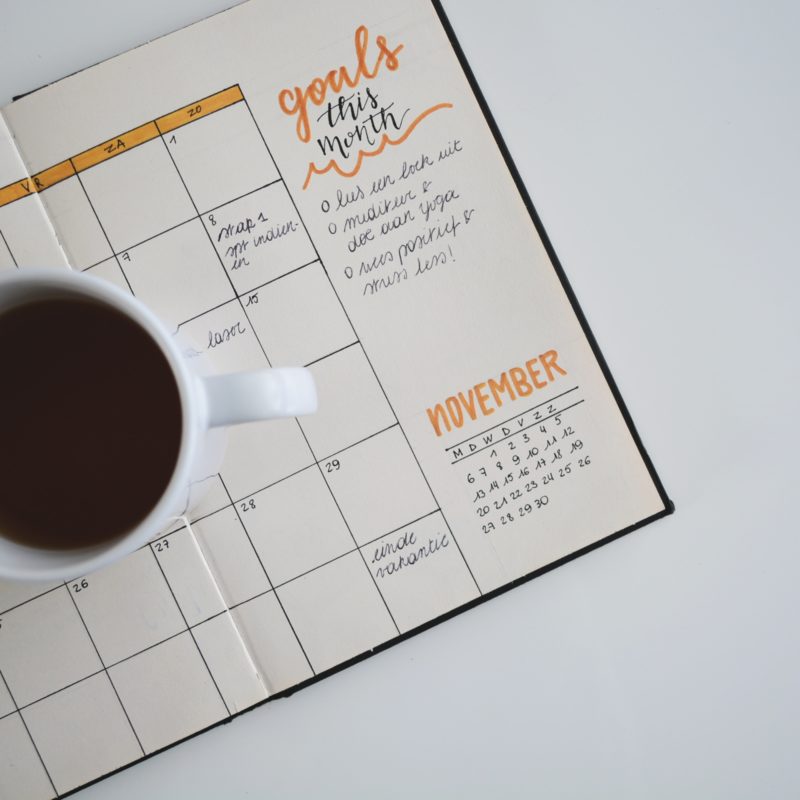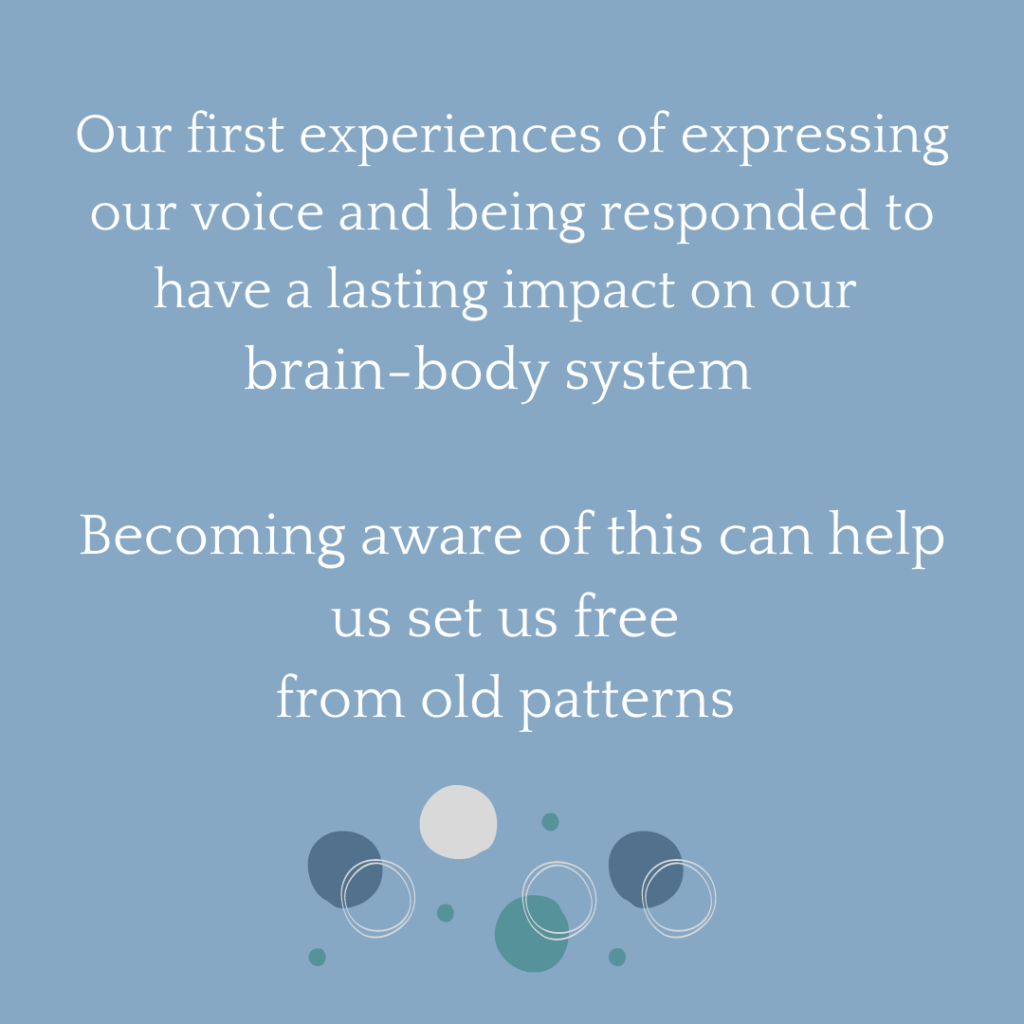
Our main reassurance that we are not alone comes from the sensation of body warmth and pressure we feel from the touch of someone who is there to embrace us.
When we can’t feel that reassurance through touch, we can use one of our other powerful tools for connection and seeking safety: voice. When we make a sound with our voice, the feedback we get lets us know we’re not alone. It’s a primal impulse within us. To share our voice and see what happens as a response.
Those first encounters using our voice to seek safety and connection impact us.
They don’t define us forever - as long as we find ways to share our voice with at least one other person who allows for what i call ‘signal flow’.
This flow is created when each person can express an experience inside of themselves that they then flow outward via visible and audible frequencies* to the other. And the other is open to receive and respond to these signals.
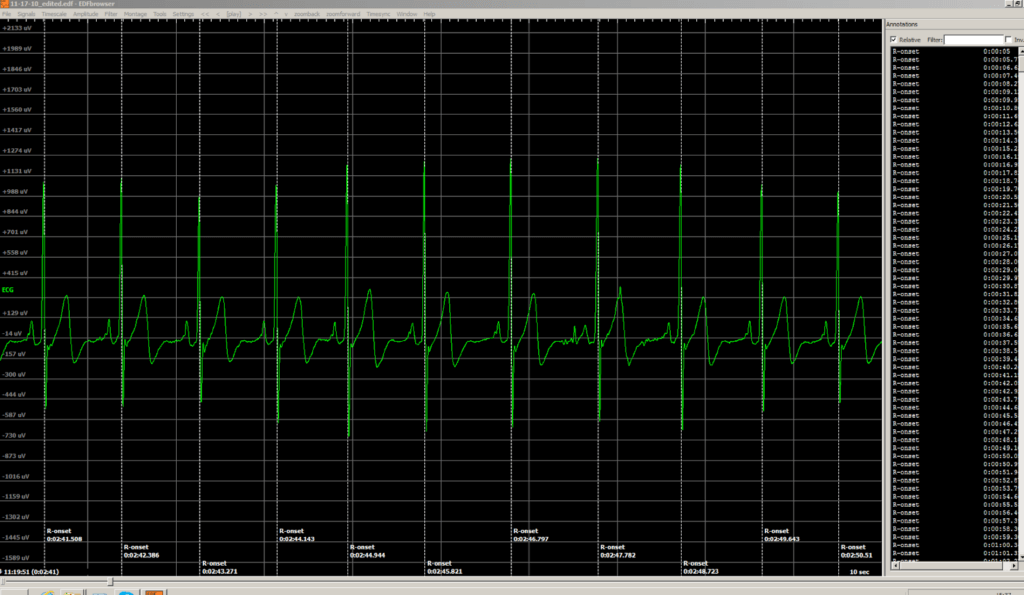
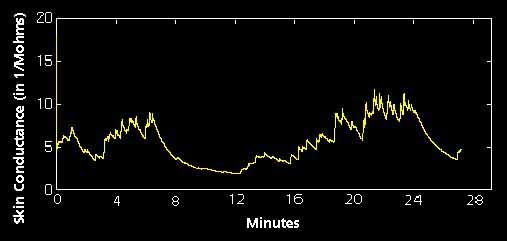
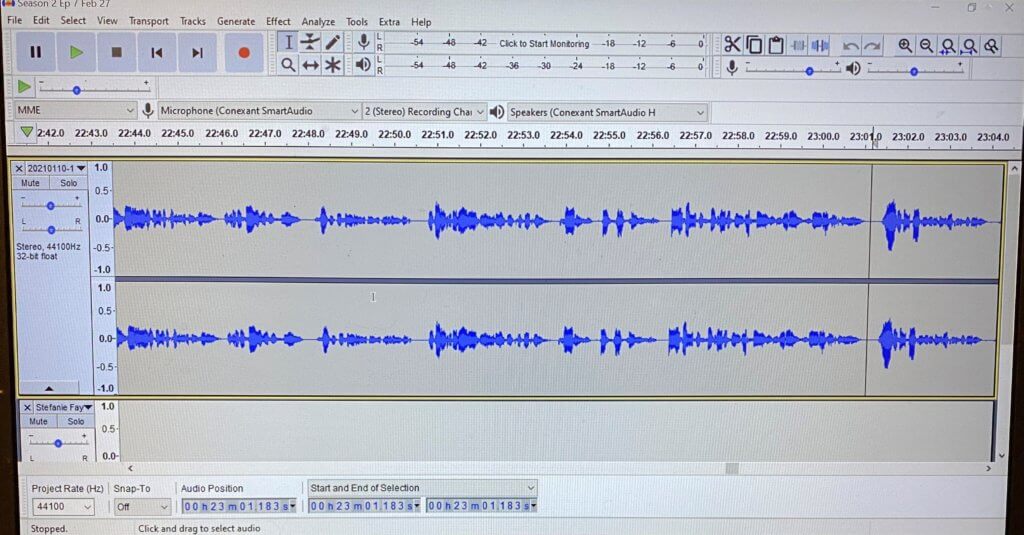
*I’ve always been fascinated by frequencies and signals. I believe our understanding of vocal frequencies is going to help us understand human behavior even more deeply. (*At NYU, Dr Charles Marmar has been using AI to detect PTSD in war veterans by analyzing voice frequencies and speech- based markers. They are achieving between 80-90 percent accuracy. The cool thing is that the markers correlate with aspects of vagal tone and the social engagement system - proposed by Stephen Porges.) The above images are frequencies I've worked with over the years - heart rate variability, skin conductance, and editing my audio recordings for the podcast!
What I have seen over the years working with people either through research, counseling or teaching - is that somewhere along the way, this signal flow often gets blocked.
We stop expressing how we truly feel.
And I believe this is a root cause of many of the issues we face with anxiety, depression and addiction. I call it ‘signal suppression’.
This is something I’ve experienced in my own life and I will continue to share this with you. It’s part of a framework I’m working on related to how our pasts - collectively and individually - relate to how we seek, share and suppress these signals.
In all honestly, I was going to wait many more weeks before I started to post again and put up videos and podcast episodes. But I realized recently that it really is ok to share my voice, even if I don’t feel ready. This hesitation is related to my childhood experiences.
Until now, I have let my past experiences create a blanket of shame and fear of sharing my ideas, my emotions and my intelligence. Expressing these things led to a lot of pain in my past.
Luckily, through the years, I found ways to push through that fear, but I never really acknowledged its roots. I’m still afraid of being ridiculed, ignored, shamed or rejected for sharing my ideas… but I thankfully now have a deeper awareness of where that comes from.. And I’m learning that no matter what the response will be, I will be better off continuing to express my voice than to hide or disguise it in some superficial way.
Voice is our way of staying connected to others when we can’t be there physically to feel their presence with our other senses.
We can’t send smell, touch, taste across thousands of miles for someone to perceive with their senses (not yet anyway). But there’s something about hearing someone’s voice that creates that feeling of love and connection. (at least for me it does). I actually feel voice and sound as a form of 'electricity' that I perceive in the visceral layers of my skin.
We live in such an extraordinary time - where we can listen to someone’s voice from any corner of the world. And anyone can share their voice with others with not much more than a cellphone and internet connection.
My hope in combining my personal experiences with my understandings derived from my professional background is not only to inspire you if you also feel doubt or fear about expressing yourself… but also to help us all have a deeper understanding of what happens to us on a neurochemical, biological and kinetic level when these signals are suppressed.
Are you sharing your voice? Are you able to express what you truly want to say?
If not, what might be the fear that holds you back?
And what voices do you listen to throughout the week? Do you pay attention to how they make you feel? When you feel overwhelmed or stressed, is there a voice that you can choose to listen to that brings you back to center?
One of my favorites is Eckhart Tolle. Something about his voice instantly helps me feel present and clear minded.
And on that note… if you happen to find my voice soothing 😊...
I’ll be posting a series of 5 videos starting next week about brainwave profiles I see in the work I currently do with quantitative electroencephalograms, heart rate variability and neurofeedback.
After that, I'll post the remaining episodes of season 2 of the mindset neuroscience podcast! IN Episode 7, we’ll explore the difference between ‘natural’ and ‘normal’.
What’s a podcast (or speaker) you listen to that helps you feel inspired, calm, hopeful, happy?
(please let me know in the comments!)


